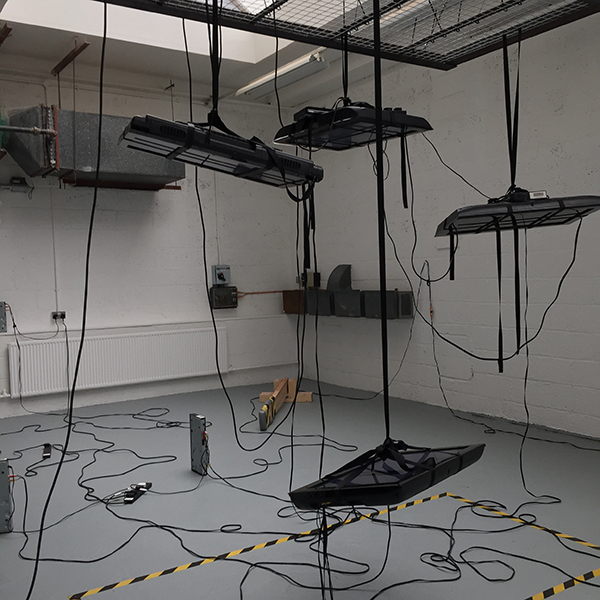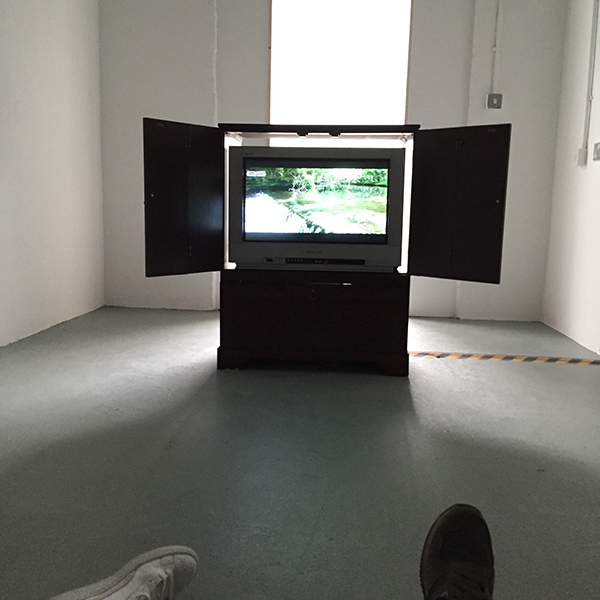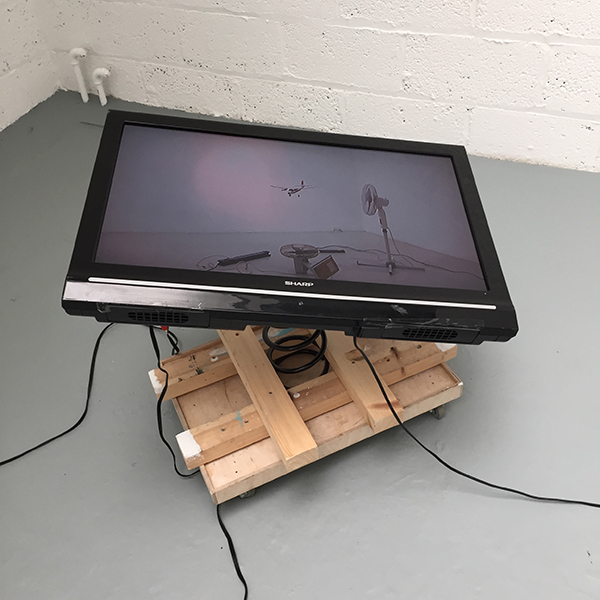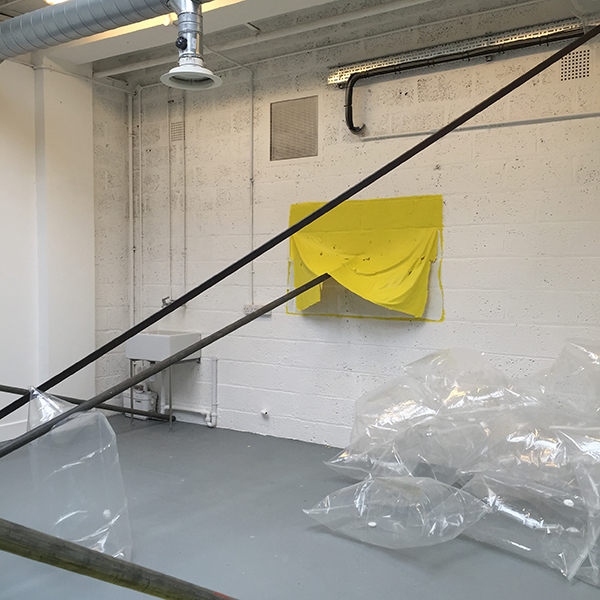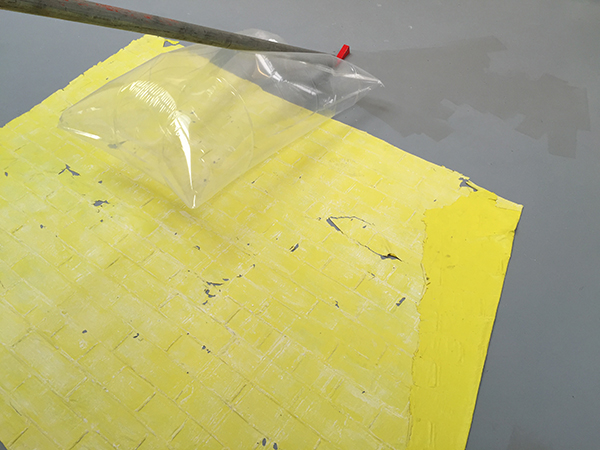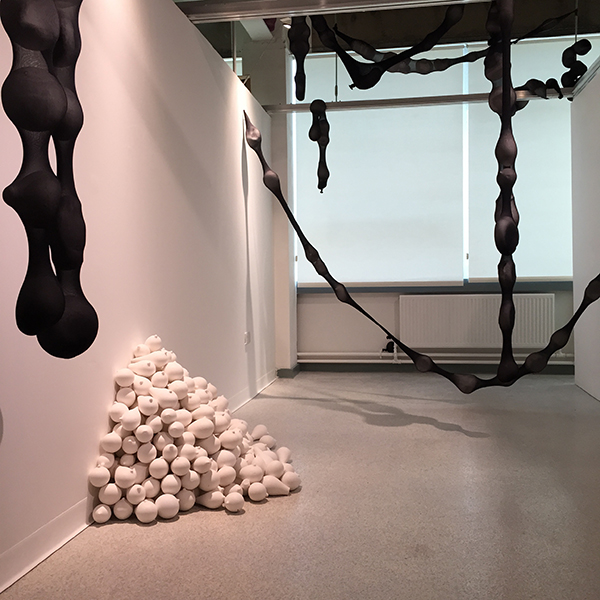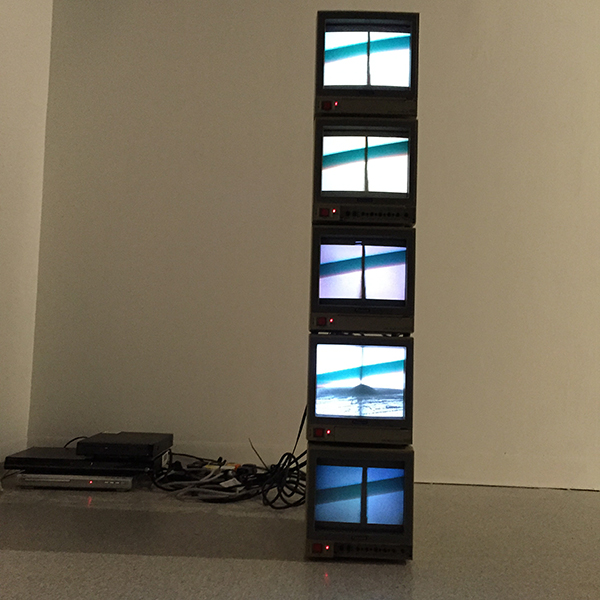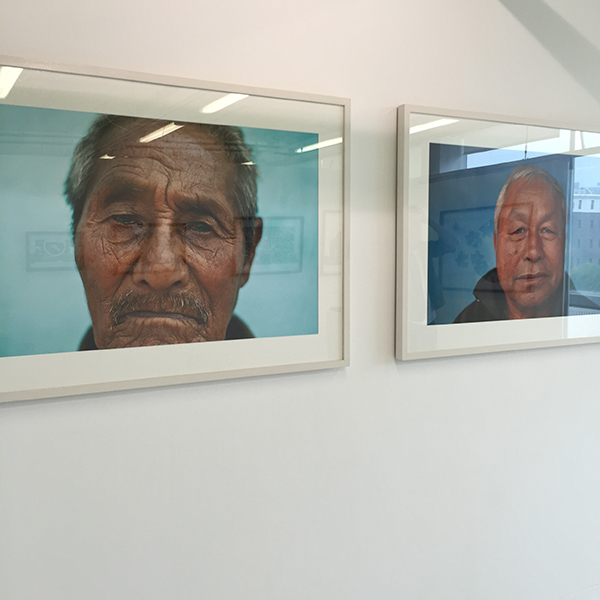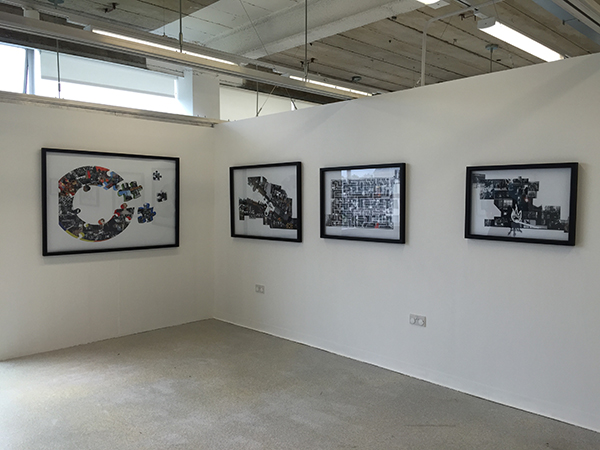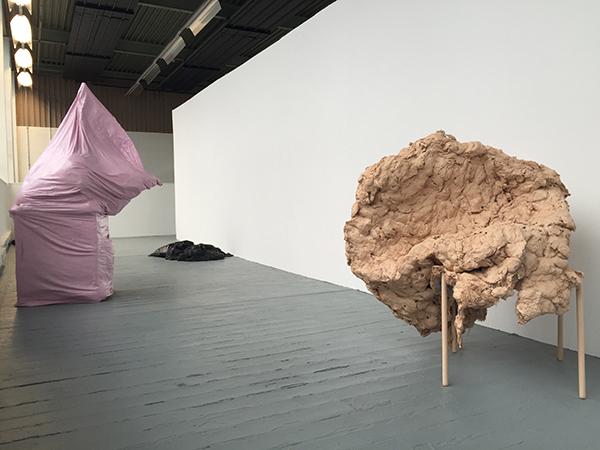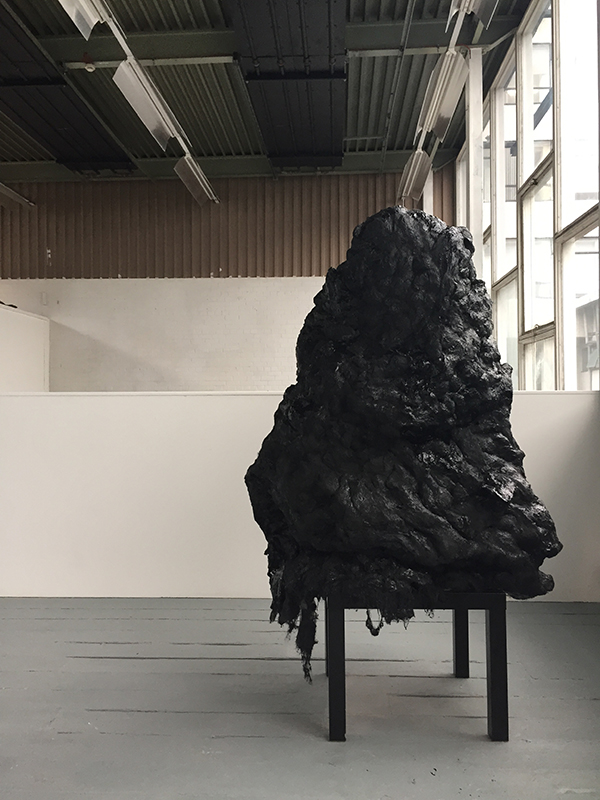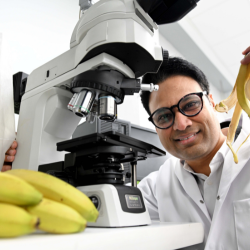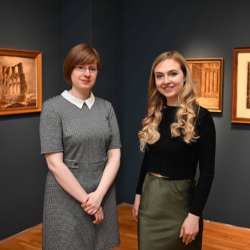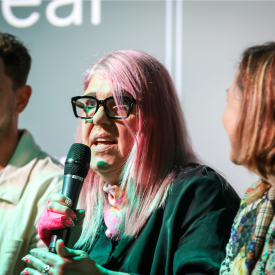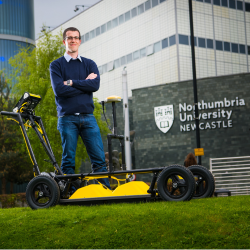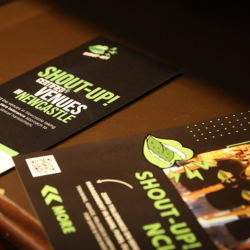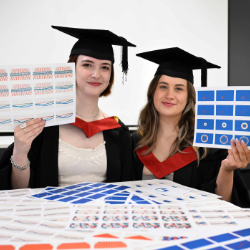-
Study
-
UCAS Clearing 2024
- Clearing Courses
- The Clearing Process
- UCAS Tariff Points
- Clearing 2024 FAQs
- Confirmation
- Clearing Virtual Event
-
Undergraduate
- Search for a Course
- Undergraduate Open Day & Events
- Application Guides
- Northumbria University UCAS Exhibitions
- Foundation Years
- Undergraduate Fees & Funding
- School & College Outreach
- Continuing Professional Development
-
Postgraduate
- Postgraduate Study Degree
- Postgraduate Research Degrees
- Postgraduate Open Days and Events
- Postgraduate Fees & Funding
- Flexible Learning
- Thinking about a Masters?
- Continuing Professional Development
- Change Direction
-
Student Life
- The Hub - Student Blog
- Accommodation
- Life in Newcastle
- Support for Students
- Careers
- Information for Parents
- Students' Union
- Northumbria Sport
-
-
International
International
Northumbria’s global footprint touches every continent across the world, through our global partnerships across 17 institutions in 10 countries, to our 277,000 strong alumni community and 150 recruitment partners – we prepare our students for the challenges of tomorrow. Discover more about how to join Northumbria’s global family or our partnerships.
View our Global Footprint-
Applying to Northumbria
- European Union
- Our London Campus
- Northumbria Pathway
- International Events
- Entry Requirements and Country Representatives
- Regional Offices
-
Northumbria Language Centre
- Faculty Requirements
- Acceptable English Requirements
- Pre-Sessional English and Study Skills
- Academic Language Skills Programmes (ALS)
-
International Fees, Funding & Scholarships
- International Undergraduate Fees
- International Undergraduate Funding
- International Masters Fees
- International Masters Funding
- International Postgraduate Research Fees
- International Postgraduate Research Funding
- International Money Matters
-
Life at Northumbria
- International student support
- Careers
-
International Mobility
- Current Northumbria Students
- Incoming Exchange Students
-
-
Business
Business
The world is changing faster than ever before. The future is there to be won by organisations who find ways to turn today's possibilities into tomorrows competitive edge. In a connected world, collaboration can be the key to success.
More on our Business Services -
Research
Research
Northumbria is a research-rich, business-focused, professional university with a global reputation for academic quality. We conduct ground-breaking research that is responsive to the science & technology, health & well being, economic and social and arts & cultural needs for the communities
Discover more about our Research -
About Us
-
About Northumbria
- Our Strategy
- Our Staff
- Place and Partnerships
- Student Profiles
- Alumni Profiles
- Leadership & Governance
- Academic Departments
- University Services
- History of Northumbria
- Contact us
- Online Shop
-
-
Alumni
Alumni
Northumbria University is renowned for the calibre of its business-ready graduates. Our alumni network has over 237,000 graduates based in 178 countries worldwide in a range of sectors, our alumni are making a real impact on the world.
Our Alumni - Work For Us
What will I learn on this module?
This module provides you with the opportunity to undertake a dynamic learning experience centred on the development of your own independent fine art practice. You will be supported in this process to experiment through the initiation of individual and collaborative artworks within studio, workshop and project space areas as well as in virtual spaces. It will enable you to provides you with the opportunity to undertake a dynamic learning experience centred on the development of your own independent fine art practice. You will be supported in this process to experiment through the initiation of individual and collaborative artworks within studio, workshop and project space areas as well as in virtual spaces.
build on the specialist instruction and workshop experience gained in semester one, you will learn how to integrate your knowledge of material and technical processes with formal and conceptual experimentation so as to build an independent and ambitious studio practice. The academic team will draw upon their own subject expertise to introduce you to a diverse range of contemporary fine art practice that will create a rich learning environment in which risk-taking, speculative enquiry, and curiosity are encouraged. You will encounter a range of learning approaches through peer group working, individual tutorials, group critiques, seminars, lectures, studio and exhibition tours that will enable you to gain confidence in the discussion and analysis of your own artwork and that of your peers. Some of these activities will take place via online platforms.
You will broaden your knowledge of the contexts in which contemporary art is produced and disseminated, and develop an understanding of how a vibrant studio culture is created through the sharing of interests and models of good practice within your peer group, and expressing your ideas and critical observations freely and openly.
How will I learn on this module?
On this module you will learn through a range of peer, group, and individual teaching approaches. Each of these helps you to gain a wider understanding of the subject and enable you to establish an independent studio practice.
The teaching supports you in developing social, organisational, intellectual and professional skills, enhancing your learning in areas of communication, decision-making, negotiation and critical reflection. Peer and experiential learning through practices of making and supportive critical dialogue are central to the module.
You will work experimentally to explore new materials and concepts, test ideas individually and collectively and begin to develop strategies for the presentation of your artwork in a range of contexts. You will learn the importance of developing fine art research skills by initiating speculative investigation through material and conceptual processes and develop appropriate forms of documentation to capture and critically reflect on these processes. You will learn to enrich the development of your art practice through the self-initiated research into the production and critical reception of artwork by other contemporary artists. You will develop the ability to give and receive constructive feedback on your work and that of your peers through group critiques and seminars, and an understanding of relevant discourses related to your art practice.
Throughout the module you will be supported by an academic staff team of artists with a wealth of experience and expertise, through regular studio contact, group feedback sessions, and directed learning resources. You will have access to core fine art resource areas, including the equipment stores and workshops, and receive guidance from workshops technicians and academic staff. You will learn through individual tutorials, one-to-one teaching, that will widen your subject knowledge and help you establish an awareness of contextual social, historical and cultural perspectives related to your developing art practice. Group critiques led by academic staff will provide detailed guidance and feedback on your work in-progress and enable you to freely exchange views and ideas with your peers in a supportive and responsive environment.
How will I be supported academically on this module?
You are supported with studio provision and access to specialist technical facilities, materials, and resource areas. Technical facilities include the wood and casting workshops, the print studio, the mac lab and digital print facility, and the darkrooms and digital photographic studios. You have access to specialist materials in all workshop areas, and our resource areas include our equipment stores, galleries, and project spaces. You have twenty-four-hour access to the University Library.
You are supported by an academic team, and by a module lead who will introduce the module at the start of each semester and offer advice and guidance throughout. At the start of the module, you will be reminded about the training and instruction in health and safety and in ethics you received in semester one to support safe working practices in the use of the studio, workshops and resource areas. You can apply for late working to maximise your studio time. Academic support is provided in individual tutorials, group critiques, a seminar programme and a five-week program of technical demonstration where you are supported by technicians. Your learning is mapped out for you in a programme guide given to you at the start of the semester that includes guidance notes and key dates for the semester to help you organise and plan your time. Teaching materials, notices and guidance are made available to you through our online electronic learning portal (BLACKBOARD). This is accessible online both on campus and externally. You will have a University email that we contact you through, and all course timetabling is published in your online timetable. To support you we provide you with on-going formative feedback through the teaching you receive, and ask you to write and submit a self-evaluation review reflecting on your own progress against the module learning outcomes.
What will I be expected to read on this module?
All modules at Northumbria include a range of reading materials that students are expected to engage with. The reading list for this module can be found at: http://readinglists.northumbria.ac.uk
(Reading List service online guide for academic staff this containing contact details for the Reading List team – http://library.northumbria.ac.uk/readinglists)
What will I be expected to achieve?
LEVEL 4
Knowledge & Understanding:
1. The production of artwork that demonstrates connections between individual interests and creative research.
Intellectual / Professional skills & abilities:
2. The evidencing of emerging critical decision-making in relation to research and production.
Personal Values Attributes (Global / Cultural awareness, Ethics, Curiosity) (PVA):
3. The development and application of transferable skills linked to self-organisation, art world experiences, and individual curiosity.
How will I be assessed?
You will receive on-going verbal feedback (formative review) from academics through individual tutorials, and seminars. This enables you to respond immediately and clarify with academics any points you are unsure of.
At the mid-point of semester 2 you will complete a Self-Evaluation Review form outlining your progress against module Learning Outcomes. Your studio tutor will also complete a copy. You will meet for a feed-forward tutorial in the following week to identify gaps in understanding against the Learning Outcomes and agree on ways in which you can move forward and develop your work.
Summative Assessment – Summative 100%
The Summative Assessment carries a weighting of 100% of your final mark and takes place at the end of semester 2. You will make a presentation of your independent studio practice developed through the semester and a supporting research file.
Summative Assessment Feedback
You will receive verbal feedback from your Studio Tutor within seven days of the submission deadline. Feedback is individual and provided in the context of the assessment criteria given to you at the start of the semester in the module guide. Written feedback is delivered within 20 working days via Blackboard.
Pre-requisite(s)
N/A
Co-requisite(s)
N/A
Module abstract
This module provides you with the opportunity to undertake a dynamic learning experience centred on the development of your own independent fine art practice. You will be supported in this process to experiment through the initiation of individual and collaborative artworks within studio, workshop and project space areas as well as in virtual spaces. The academic team will draw upon their own subject expertise to introduce you to a diverse range of contemporary fine art practice that will create a rich learning environment in which risk-taking, speculative enquiry, and curiosity are encouraged. You will encounter a range of learning approaches through peer group working, individual tutorials, group critiques, seminars, lectures, studio and (virtual) exhibition tours that will enable you to gain confidence in the discussion and analysis of your own artwork and that of your peers.
Course info
UCAS Code W100
Credits 20
Level of Study Undergraduate
Mode of Study 3 years Full Time or 4 years with a placement (sandwich)/study abroad
Department Arts
Location City Campus, Northumbria University
City Newcastle
All information is accurate at the time of sharing.
Full time Courses are primarily delivered via on-campus face to face learning but could include elements of online learning. Most courses run as planned and as promoted on our website and via our marketing materials, but if there are any substantial changes (as determined by the Competition and Markets Authority) to a course or there is the potential that course may be withdrawn, we will notify all affected applicants as soon as possible with advice and guidance regarding their options. It is also important to be aware that optional modules listed on course pages may be subject to change depending on uptake numbers each year.
Contact time is subject to increase or decrease in line with possible restrictions imposed by the government or the University in the interest of maintaining the health and safety and wellbeing of students, staff, and visitors if this is deemed necessary in future.
Useful Links
Find out about our distinctive approach at
www.northumbria.ac.uk/exp
Admissions Terms and Conditions
northumbria.ac.uk/terms
Fees and Funding
northumbria.ac.uk/fees
Admissions Policy
northumbria.ac.uk/adpolicy
Admissions Complaints Policy
northumbria.ac.uk/complaints


